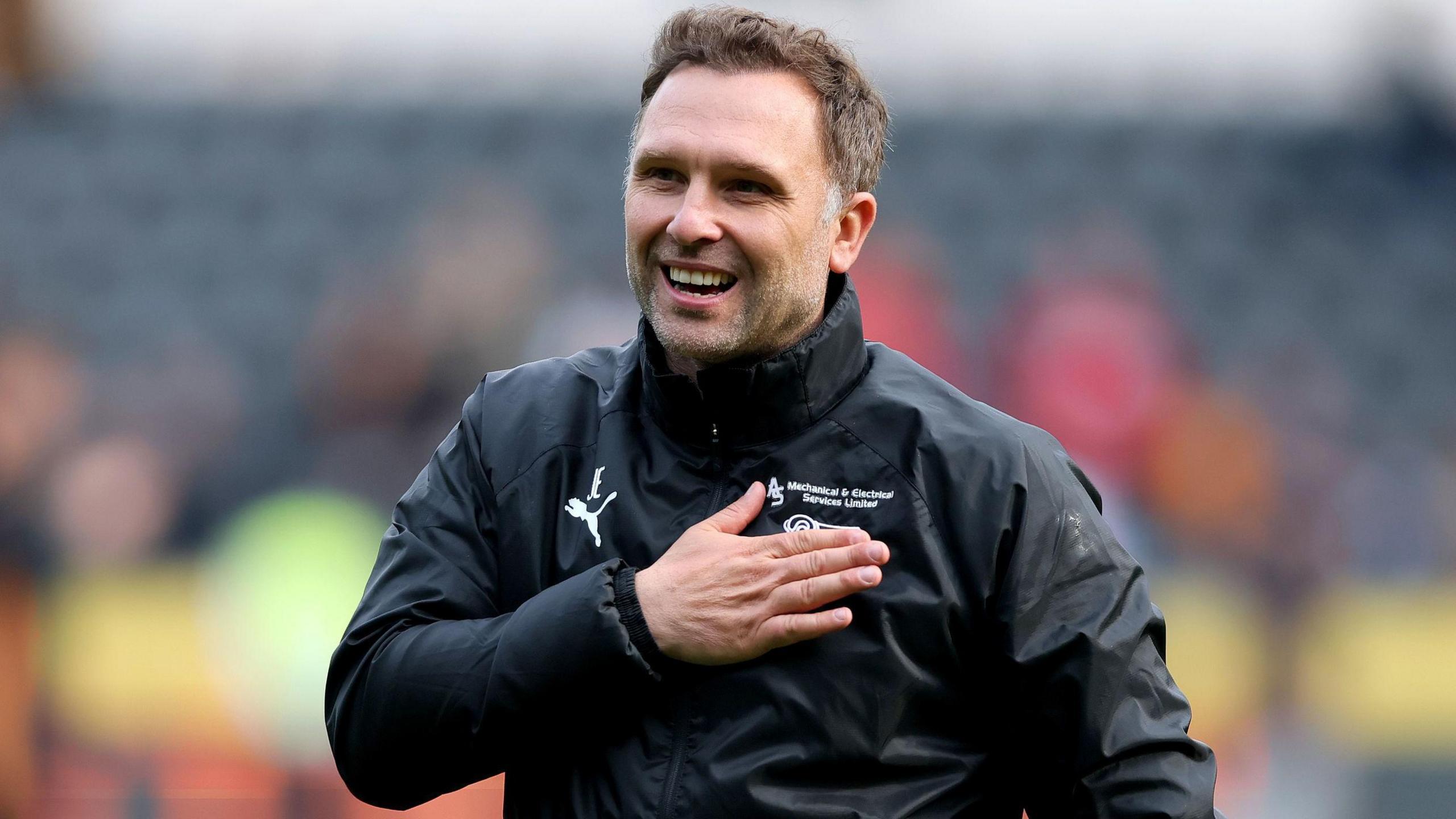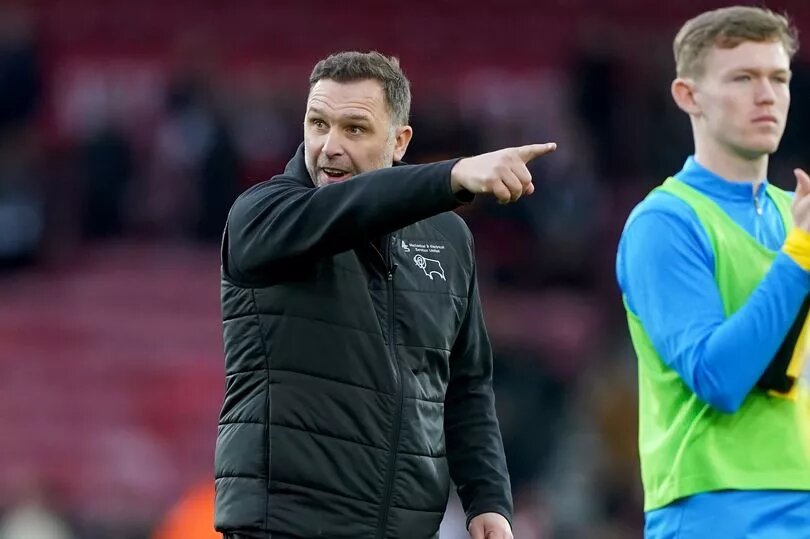Derby County captain Richard Keogh, then aged 33, was in the backseat of teammate Tom Lawrence’s Range Rover when it crashed into a lamppost following a team-bonding dinner in Derby’s Allestree district . Lawrence, 25, and fellow Derby player Mason Bennett, 23, were later charged with drink-driving and leaving the scene—two serious offences. They were handed 180‑hour community service orders and banned from driving for two years .
The accident left Keogh with severe knee ligament damage—including likely ACL and MCL tears—and a fractured wrist. Surgery was required, and medical staff predicted at least a 12‑ to 15‑month recovery, ruling him out for the rest of the 2019–20 season .
In the aftermath, Derby County pursued internal disciplinary action. Lawrence and Bennett were fined six weeks’ wages each—the maximum permitted—yet retained at the club and promptly returned to play . In contrast, Keogh was offered a dramatic wage reduction should he wish to complete his contract, running until summer 2021. He declined and was ultimately dismissed for “gross misconduct”—a decision that triggered uproar, as many felt he had been unfairly penalized despite not being in control of the vehicle .
Public and fan reactions were swift and vocal. On Reddit and beyond, supporters expressed outrage—highlighting that Keogh, the injured party, lost his job while the actual drivers retained their positions. One Reddit user remarked:
“He wasn’t even driving… They fined the drivers… but sacked the man in the back seat” .
Keogh appealed both to Derby and the English Football League, but both efforts initially failed. However, in January 2021, his case was escalated to an employment tribunal, which judged that his dismissal was unfair. Derby were subsequently ordered to pay £2.3 million in compensation .
In interviews, Keogh disclosed the mental strain he endured, describing a “pretty bad place” when confronting both injury and dismissal. Supported by the Professional Footballers’ Association, he ultimately rebuilt his career—going on to feature for clubs including Blackpool, MK Dons and Huddersfield.
This case remains a major talking point on player welfare and club conduct—an ex-captain dismissed not for driving, but for simply being injured. Derby’s harsh stance, contrasted with leniency for the drink‑drivers, brought questions of fairness to the fore.




